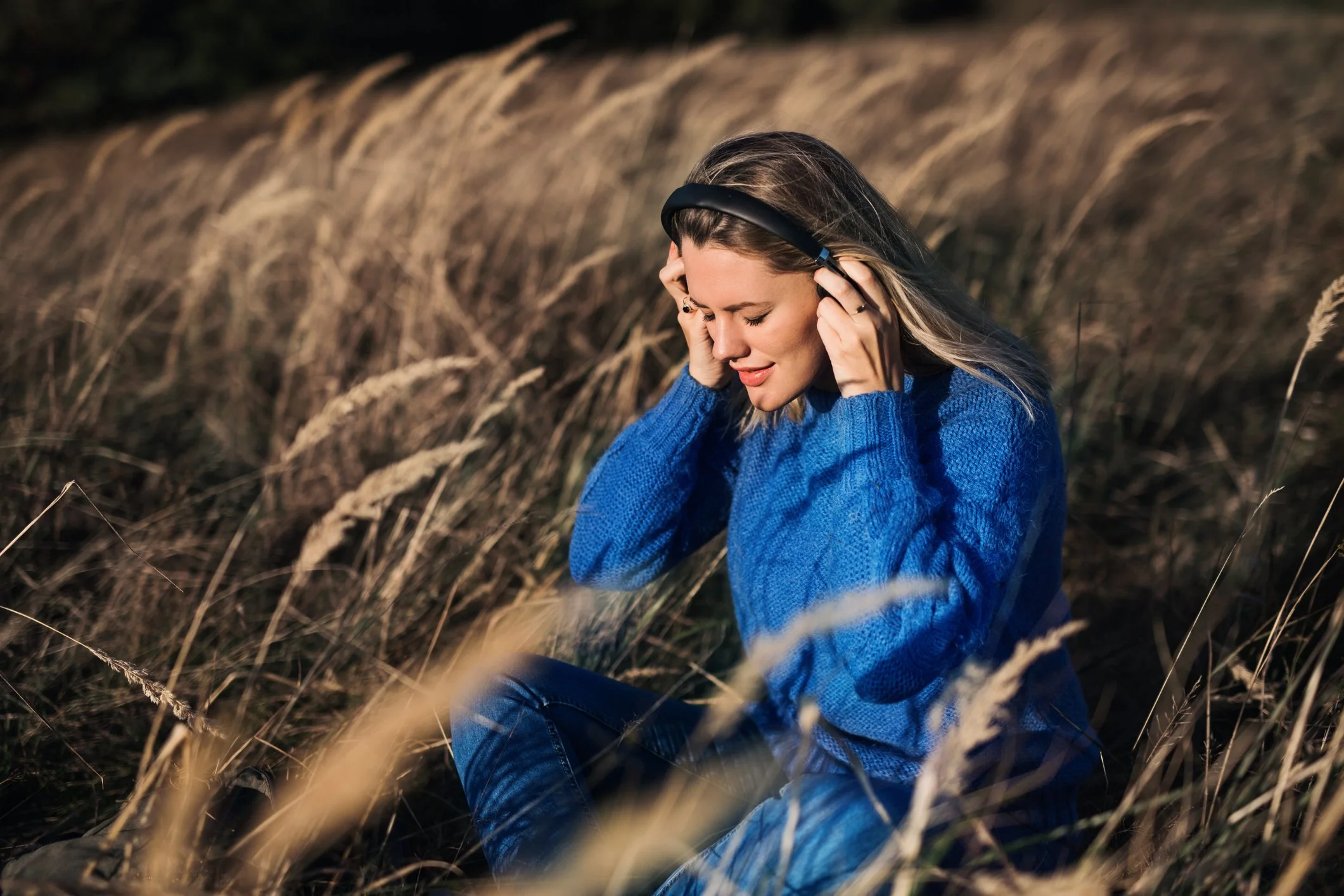Eco-Anxiety: 5 tips to help you cope with climate anxiety
Climate change isn’t just hurting the Earth, it’s harming our mental health too. With 68% of us feeling worried, eco-anxiety is on the rise. So what on earth do we do about it?
A “chronic fear of environmental doom”. That’s how the American Psychological Association (APA) defines eco-anxiety. When you put it like that, it’s no wonder that eco-anxiety is making so many of us feel stressed, overwhelmed, and powerless. And it’s on the rise.
According to a survey conducted by the APA, more than two-thirds (68%) of Americans experience some form of climate anxiety. But it’s the younger generations that are hardest hit when it comes to eco-anxiety with 60% of young adults (16-25) feeling either ‘very worried’ or ‘extremely worried’ about climate change.
What on earth does eco-anxiety actually feel like?
Although it’s not a diagnosed mental health disorder, eco-anxiety can feel much like other anxiety disorders. Here are some of the symptoms:
Obsessive or ruminating thoughts about the state of the planet
Feelings of overwhelm, anxiety, depression or panic
Guilt or shame over our own contributions towards the climate crisis via our carbon footprint
Anger, frustration, or grief over destruction of natural environments and habitats and/or those who deny the climate crisis
5 Tips for Coping With Eco-Anxiety
1 | Acknowledge, allow, and investigate your emotions
Emotions related to eco-anxiety can feel overwhelming, uncomfortable and even paralyzing. Navigating big feelings like that isn’t easy, and it can be tempting to want to ‘fix’, rationalize or bury your emotions. Instead, try this:
Keep in mind that eco-anxiety is a normal and perfectly reasonable response to the threat of climate change. You’re not alone in feeling this way.
Allow your emotions to be present without changing them. Try this Investigating Anxiety meditation.
Get curious about your internal experience by writing down all your climate-related worries, and consider what emotions (fear, sadness, anger) you can attribute to each one. This should help you meet your emotions with more self-compassion.
2 | Channel your emotions into empowerment
Eco-anxiety makes many of us feel extremely powerless. How on earth are we meant to tackle this enormous crisis as a single person? We get it. And while it’s important to acknowledge and validate emotions of powerlessness, frustration, and worry, we can also use those feelings as fuel for action.
Taking action not only gifts us a sense of empowerment that cultivates resilience, it also gives us the energy to play our part in protecting the planet.
3 | The climate crisis is big, so start small
Anyone who’s taken steps to improve their mental health understands the power of small, consistent changes and the enormous impact they can make. Safeguarding the wellbeing of the planet is just the same, especially when we put our collective clout behind our efforts.
The climate crisis is a huge challenge we all face, but we don’t have to do it alone, and we certainly don’t have to do it all at once. To keep things sustainable (literally), remind yourself to start small.
Here are 11 easy things you can do to support the climate crisis.
4 | Take a media break (and get outside instead)
It’s almost impossible to escape news about the climate crisis. There’s not necessarily anything wrong with that. What’s problematic is the way climate change tends to be presented — head-spinning data, devastating stories, and dire predications for the future.
According to Jeffrey Kiehl, PhD, a climate scientist and Jungian psychologist, this makes people “feel hopeless, angry, and dissociated, which causes the brain to be in a state where it can’t function.” Essentially, the limbic system (which helps us respond to intense emotions of fear and anger) takes over and activating our fight or flight response.
This dials up eco-anxiety to 11, making it even harder to cope with. The antidote? Take a break from the news and soak up the natural wonders of the earth instead.
According to a recent study, you need to spend 120 minutes in nature to boost your health and wellbeing. That’s only 17 minutes a day. Try a walking meditation to make the most of it.
5 | Ground yourself (in nature and the present moment)
When we’re feeling overwhelmed and anxious, one of the best things we can do is to ground ourselves in the present moment. This is where mindfulness becomes something of a superpower, particularly if combined with the benefits of the natural world.
As many of us know, nature has been scientifically proven to reduce stress, improve sleep quality, boost creativity and connection, as well as physical health and general cognitive function. So when eco-anxiety bites, we can turn to nature itself to help soothe and ground us.
Here are a few grounding practices you can tap into (bonus points if you do them outside in nature):
Anchor yourself by tuning into your breathing. Notice the experience of the inhale and the exhale for a few cycles. Finish with a few deep breaths in, and long breaths out
Find connection and comfort in the natural world with this Nourishing in Nature meditation
Tune into your senses. What can you see, hear, smell, touch, and taste right now?
Try this 6-minute grounding movement practice with Mel Mah
Ground yourself in your body with this short, 3-minute practice by Jay Shetty
Notice the experience of being held and support by the earth. Feel your feet rooted in the ground. Better yet, take your shoes off and literally feel your feet on the earth
Remember, it's okay to feel overwhelmed and sad about the state of the planet. By taking action and connecting with others, you can channel those feelings into positive change.
Mental health is hard. Getting support doesn't have to be. The Calm app puts the tools to feel better in your back pocket, with personalized content to manage stress and anxiety, get better sleep, and feel more present in your life. Calm your mind. Change the world.










